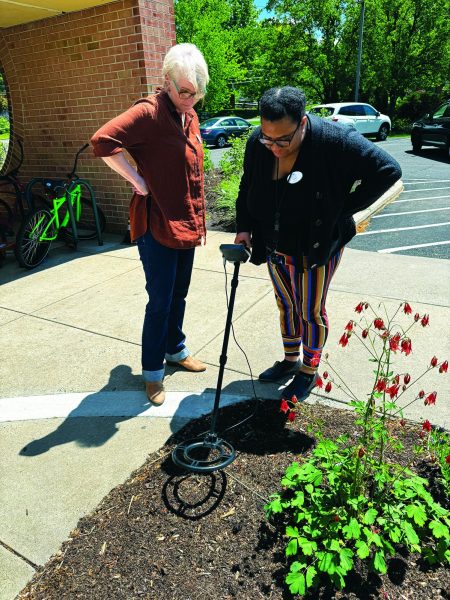Journalists work hard to educate, inform
[News Break] Through the firings of journalists Tucker Carlson and Don Lemon, viewers are speculating the reasons why they were fired. Their unethical behavior has led some viewers to wrongly believe that they represent the larger group of professionals.
After journalists Tucker Carlson and Don Lemon were fired on April 21 and April 24 respectively, many are wondering what these events may mean for the name of journalism moving forward.
Neither Fox News nor CNN gave any information about these firings.
Fox News’ official statement thanked Carlson for his service as a host, while CNN’s statement described the situation as the company and Lemon “[parting] ways.”
According to the head of the Anti-Defamation League, Jonathan Greenblatt, Carlson used his show to “spew antisemitic, racist, xenophobic and anti-LGBTQ hate to millions.” On the other hand, Lemon’s remark about Republican presidential candidate Nikki Haley not being “in her prime” is speculated to be part of the reason behind his firing.
These firings and remarks on air have curated a bad name for broadcast journalism, as this unethical behavior is made more public, with many viewers questioning if this unethical behavior is standard in journalism nationally.
Despite the fact that these people are prominent names in journalism and have made a large career for themselves as journalists, Carlson and Lemon are the exceptions to the many journalists doing great work across the nation and across the world.
According to the Committee to Protect Journalists (CPJ), about 69 reporters were imprisoned while they were covering corruption happening in various countries.
These people lost their freedom to report the corrupt actions of people in power so that the average citizen could know what was going on behind closed doors.
In another study from the CPJ, about 157 journalists were imprisoned while covering human rights in other countries, most likely due to the government oppressing them.
All of this is to say that the state of journalism should not be judged based on the actions and words of a few people who were caught and fired for it.
Instead, journalism should be judged based on the countless efforts of journalists throughout history and in the present day to give the average person a chance to be informed about what is happening in their area.
Journalists like Ida B. Wells, who reported during the Civil Rights movement, and Upton Sinclair, whose book “The Jungle” exposed the horrific state of the meatpacking industry in the early 1900s.
These people and so many more are the reason why journalism is a profession that should be recognized and respected for the hard work that the people behind it put into making sure that the public is educated and the corrupt are exposed for their wrongdoings.







